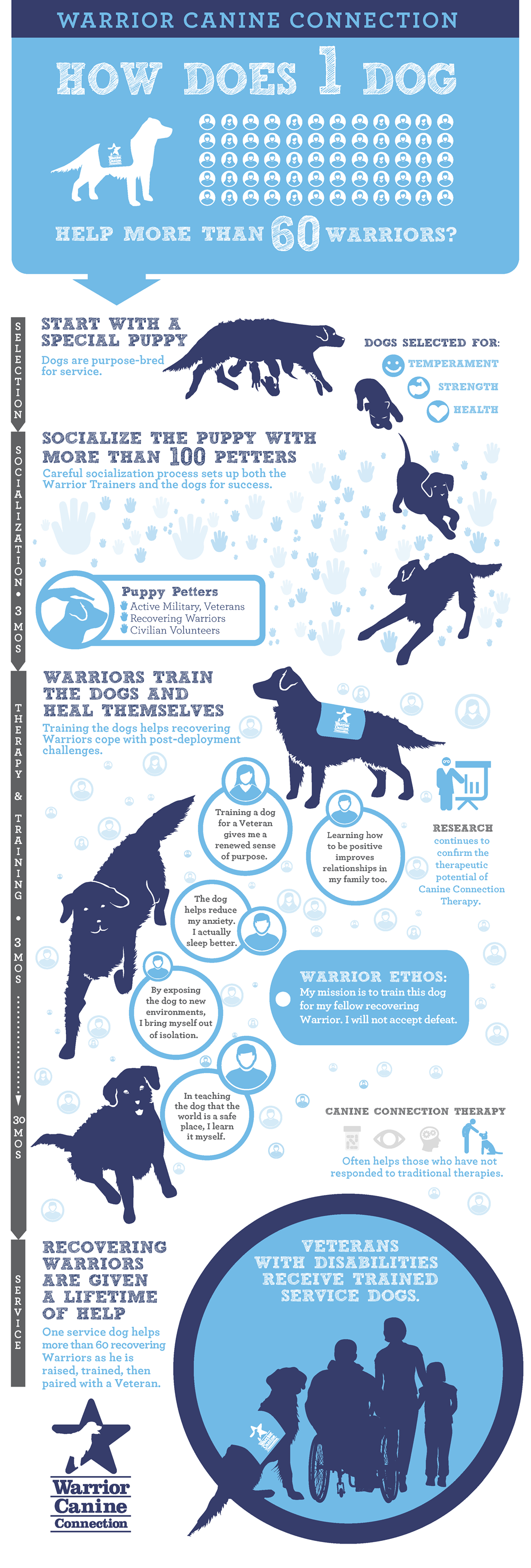What To Expect From Luxury Dog Daycare
What To Expect From Luxury Dog Daycare
Blog Article
Can Canine Childcare Cause Disease?
Canines in daycare receive great deals of workout, socialization with other pets and special experiences. This can be especially useful for puppies and pets with behavior issues.
There are a number of lawful factors to consider you need to consider when beginning a dog childcare organization. These include the structure of your company and compliance with government guidelines.
1. Pooch Distemper
Canine distemper is spread out via direct contact with the bodily fluids and waste of an infected canine, however it can likewise be sent using common water and food bowls or through airborne droplets. This highly contagious disease is most hazardous for young puppies, yet it can influence pets of any kind of age and is deadly for most if left untreated.
Initial signs of canine distemper typically simulate an acute rhinitis, consisting of dripping eyes and nose with watery or pus-like discharge. As the condition proceeds, a pet will certainly create high temperature, coughing, lowered cravings, throwing up and looseness of the bowels. The infection can additionally strike the nerves, causing seizures, shivering and partial or full paralysis.
Trustworthy childcares lower direct exposure to infection by calling for inoculations, regular health examinations and comply with stringent health procedures. If your puppy seems overly tired or limping, a day of rest might aid him recoup, yet you must prevent taking him back to day care until these symptoms clear up.
2. Kennel Coughing
Kennel coughing, additionally referred to as contagious canine tracheobronchitis or Bordetella, is an extremely contagious viral or bacterial disease that influences the respiratory system system. It's frequently transferred through the exchange of saliva or air droplets that an unwell pet breathes out. Social pet dogs are at higher danger for infection due to their frequent communication with each other, such as when they play, share food or water, sniff one another or simply meet in a crowded setting like a pet park or day care.
The most common sign of kennel cough is a relentless and forceful coughing that sounds like something embeded the throat or retching. Usually, dogs will certainly spend foamy white phlegm. If left without treatment, a pet dog can develop pneumonia and go to major threat permanently.
A trustworthy childcare facility must have stringent cleansing and cleanliness methods, sterilize all playthings, food and water bowls on a regular basis, and be open regarding their vaccination plans. Maintaining your pet up to day on their vaccinations, specifically for bordetella and canine flu, will substantially lower their possibilities of getting the ailment.
3. Parvovirus
Canine parvovirus, or parvo, is an extremely infectious viral disease that can be harmful for young puppies and young adult dogs with inadequate body immune systems. It's most typically spread out by direct contact with infected pet dog feces-- which can take place when pet dogs smell, lick, or taste infected feces-- and indirectly from infected people, things, or settings (like kennels, brushing rooms and yards). Pups and pets without total vaccination backgrounds are particularly at risk to parvo.
The infection is incredibly durable, surviving in the setting for up to 9 years, and can easily be moved between dogs by get in touch with with feces or on shoes, garments, and bedding polluted with parvovirus. If not dealt with promptly with IV fluids, electrolyte equilibrium, vomiting control medications and anti-biotics to avoid additional bacterial infections, a pet dog will swiftly dehydrate and establish serious looseness of the bowels, which causes shock and blood poisoning. Parvo is hard to cure as soon as a canine has come to be ill, yet with appropriate vet care, numerous young puppies do survive this disease.
4. Canine Flu
Canine flu infection is highly transmittable and spreads with straight call, sharing food and water bowls, licking or nuzzling other dogs, with air-borne beads, and through contaminated surface areas. Vaccination works in reducing the risk of infection and break outs.
Most influenced dogs establish a light respiratory system infection with a coughing that lasts 1-3 weeks. They may additionally have nasal and eye discharge, sneezing, and lethargy. A few of the most serious instances lead to pneumonia and a high fever.
If your pet dog displays any one of these symptoms, do not bring them back to daycare up until they are healthy. If your dog is showing indications of extreme fatigue or limping, speak with your vet as soon as boarding dog near me possible and make sure they get on healthiness supplements to aid build their immunity. A veterinarian will certainly evaluate your canine for symptoms of the influenza by taking an example from the nose or throat, and blood examinations can be done to confirm.